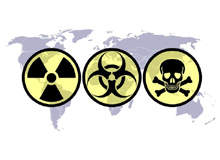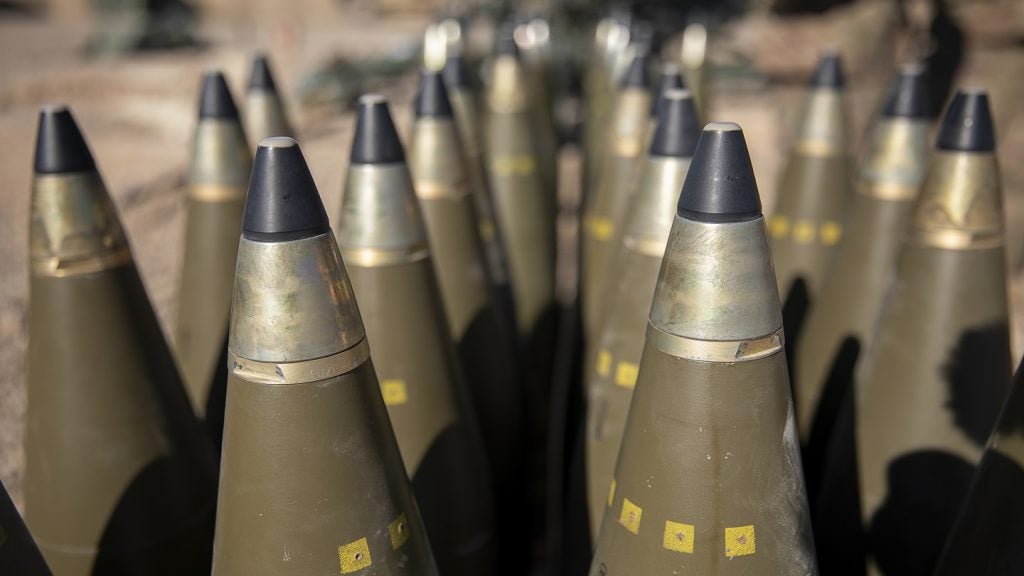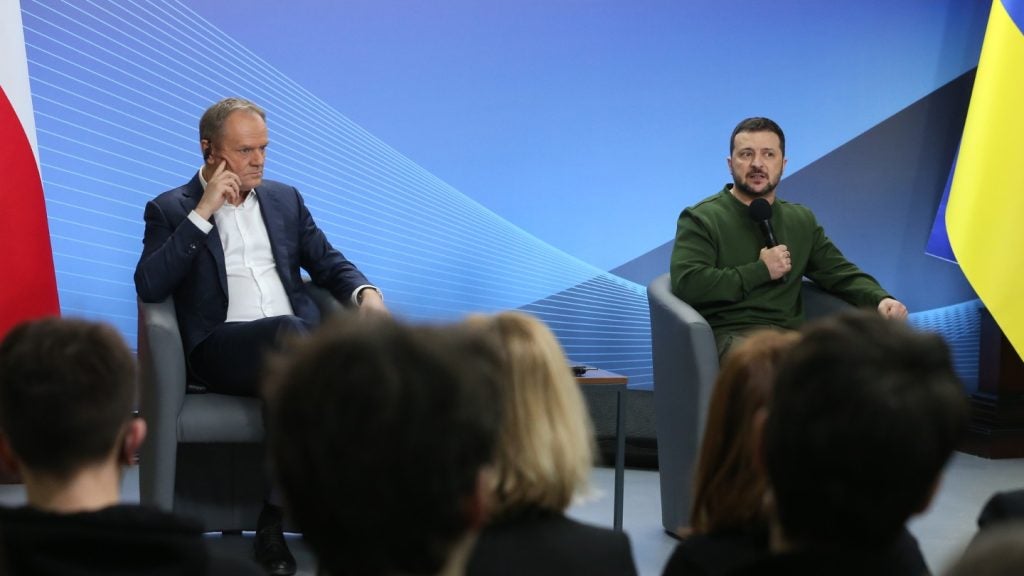
An important consensus began to emerge during 2009, at least amongst security policymakers: a converging set of new threats may soon constitute the core of the 21st century defence and security challenge.
Added to the long list of more traditional and well-established threats, such as superpower rivalry with Russia or China, or the spread of terrorism, are a suite of new and emerging risks.
One key category into which experts categorise these emerging threats is summed up in two words: natural systems. Included within this new threat category would be four elements:
• shorter-term climate-change-induced disasters (mega-typhoons and mega-hurricanes)
• longer-term climate-change-induced disasters (desertification of economically productive lands and flows of environmental refugees)
• diminishing supplies of key natural resources (accessible hydrocarbons and clean water)
• human-induced ecosystem stresses, which reduce critical food supplies, due to disappearing topsoil and the demise of key fisheries.
Emerging threats are giving shape to new global security mandates – and these, in turn, are creating new roles for traditional military organisations, while changing the terms of the debate around key issues.
See Also:
Is nuclear still security?
How well do you really know your competitors?
Access the most comprehensive Company Profiles on the market, powered by GlobalData. Save hours of research. Gain competitive edge.

Thank you!
Your download email will arrive shortly
Not ready to buy yet? Download a free sample
We are confident about the unique quality of our Company Profiles. However, we want you to make the most beneficial decision for your business, so we offer a free sample that you can download by submitting the below form
By GlobalDataOne result of the growing focus on emerging threats is the melting of some of the traditional boundaries on which defence and security organisations depend for their basic identities and that help to justify their vast budgets.
In 2009 we witnessed something of a paradoxical situation: there is precious little available capital (political, financial or otherwise) to get ahead of the curve on new threats. In fact, some of these new threats, such as water supply, are reaching crisis proportion because of their status as long-neglected problems.
US President Barack Obama’s team seems to have decided that freeing up capital will require changing the old security game, and not just in relation to rules. The easiest place to start is with the strategic (and tactical) nuclear weapons business. The multiple advantages of making progress in nuclear disarmament have been of great interest to Obama since his days as an undergraduate at Columbia University in New York.
Disarmament creates political capital, it frees up vast quantities of financial capital, and it sets a benchmark in discussions with other nuclear powers (such as India and Pakistan) and aspirants (such as Iran and Saudi Arabia).
Over the decades of the nuclear age, many small and big voices have urged US and Russian presidents to work towards dramatic reductions of US and Russian nuclear arsenals. A historic announcement on nuclear weapons occurred on 1 April 2009. The joint statement signed by Russian President Medvedev and Obama laid it out in simple terms: “We committed our two countries to achieving a nuclear-free world, while recognising that this long-term goal will require a new emphasis on arms control and conflict resolution measures, and their full implementation by all concerned nations.”
How do key nuclear powers see this move? One noted Chinese defence analyst, Major General Peng Guangqian (ret.) said: “Elimination of all nuclear weapons globally is a long process, but most importantly, the US and Russia have taken the first step. China always advocates a complete ban and ultimate elimination of all nuclear weapons and as a country with nuclear weapons, it has demonstrated that it will not avoid the responsibility and obligation in nuclear disarmament.”
Former UK Foreign Secretary and Defence Secretary Malcolm Rifkind said: “It is critical that all of the other nuclear powers commit now to participating in multilateral negotiations on an agreement to eliminate all nuclear weapons worldwide – global zero. Getting to global zero will require the phased and verified reduction of all nations’ nuclear arsenals over many years. It is urgent that we begin now.”
Nuclear reaction
And how did the military strategists inside the two nuclear powers facing off in one of the world’s most intense regional conflicts react? Upon hearing the news, retired Indian Air Force Air Chief Marshal Shashindra Pal Tyagi pointed out that “India has always supported the vision of a nuclear weapons-free world. Now that the leaders of the US and Russia have declared their desire to achieve global zero, India needs to actively support the movement and participate in a multinational initiative to ensure a phased, verifiable and time-bound programme to eliminate all nuclear weapons.”
General Jehangir Karamat, retired Chairman of Pakistan’s joint chiefs of staff said: “the Obama-Medvedev declaration is a very real and tangible step towards reduction of nuclear weapons that transcends regional and other concerns. Pakistan should, and I am sure will, be supportive of this initiative.”
Shortly before the two presidents issued their statement, a non-governmental organisation released the results of its recently commissioned poll of 21 countries that showed overwhelming worldwide public support for an international agreement to eliminate all nuclear weapons. In 20 of the 21 countries, large majorities ranging from 62% to 93% favour such an agreement. The only exception is Pakistan, where a plurality of 46% favours the plan, while 41% are opposed. All nations known to have nuclear weapons were included in the poll, except North Korea, where public polling is not available.
With that kind of public support, there may be real momentum behind efforts to confront the most urgent security threat, the proliferation of nuclear weapons and the risk of nuclear terrorism. The two leaders did manage to start to move beyond traditional arms control and, in a bold move, set the world on a course towards the total elimination of all nuclear weapons. Following their bilateral agreement in London, some work has begun to achieve an accord for deep reductions in their arsenals with a longer-term effort with other nuclear powers planned to eliminate all nuclear weapons worldwide through phased and verified reductions.
In total, nine countries have more than 23,000 nuclear weapons, many of which are programmed to launch in minutes. A nuclear conflict, or accident, could cause millions to die in a flash and create an environmental catastrophe that would last for generations.
Terrorist groups have been trying to buy, build or steal nuclear weapons, and in the last two decades there have been at least 25 instances of nuclear explosive materials being lost or stolen. If terrorists were to get their hands on a bomb and explode it in a big city, hundreds of thousands of people would die instantly. Whatever stabilising impact nuclear weapons may have had during the Cold War, denuclearisation advocates argue that, in the new security environment of the 21st century, any residual benefit of these arsenals is overshadowed by the growing risks of proliferation and terrorism.
Is it realistic to expect a binding, verifiable agreement to eliminate all nuclear weapons? Supporting the move to zero are many former heads of state; former foreign ministers from the US, Russia, UK and India; many former defence ministers from the US and Britain; former national security advisers from the US, India and Pakistan; and former top military leaders – all are now arguing for the strategic wisdom of denuclearisation.







